Imagine trying to bake a perfect cake without knowing if your ingredients are fresh or of the right quality. It sounds risky, doesn’t it? The same idea applies to construction materials. Aggregates—like sand, gravel, and crushed stone—are essential ingredients in building strong roads, bridges, and buildings. But how do we ensure these materials are good enough? This is where aggregate testing machines come into play.
As we step into 2024, these machines are more advanced, efficient, and easy to use than ever before. Whether you’re a beginner learning about construction or a seasoned professional, understanding aggregate testing machines can make all the difference in the quality of your work. Let’s explore what they are, how they work, and the exciting trends shaping their future.
What is an Aggregate Testing Machine?
Aggregate testing machines are like quality inspectors for construction materials. They’re designed to test the physical and mechanical properties of aggregates to ensure they meet the necessary standards. These tests help us figure out if the aggregates are strong, durable, and suitable for specific construction projects.
Think of them as tools that uncover hidden truths about aggregates. Are they tough enough to handle heavy loads? Will they last through harsh weather? These machines provide the answers, giving builders the confidence to use high-quality materials.
Types of Aggregate Testing Machines
There isn’t a single machine that does it all. Different machines are used to test different properties of aggregates. Here are some common types you might come across:
1. Los Angeles (LA) Abrasion Testing Machine
This machine measures the resistance of aggregates to wear and tear. Imagine rocks being tumbled in a drum—it’s like putting them through a rough washing machine to see how much they break down.
2. Aggregate Crushing Value (ACV) Machine
This one tests the strength of aggregates by applying pressure until they crush. It’s like testing how much weight a rock can handle before crumbling.
3. Sieve Shakers
Sieve shakers help measure the size distribution of aggregates. They separate particles into different sizes using a series of sieves, kind of like a kitchen strainer for sand and gravel.
4. Flakiness and Elongation Index Testers
These machines determine if the shape of aggregates is suitable for construction. Flat or elongated particles can weaken concrete or asphalt, so this test ensures the materials are just right.
5. Moisture Content Testers
Aggregates often contain moisture, which can affect their performance. Moisture testers check the water content, ensuring it’s within acceptable limits.
Why is Aggregate Testing Important?
Skipping aggregate testing is like building a house on a shaky foundation—it’s a recipe for disaster. Here’s why testing is so crucial:
- For Safety: Testing ensures the aggregates can withstand the pressure and stress of heavy loads, making structures safer.
- For Longevity: High-quality aggregates improve the lifespan of roads, bridges, and buildings, reducing the need for frequent repairs.
- For Cost Efficiency: Using tested materials prevents failures and saves money on rework or replacements.
- For Environmental Impact: Testing helps avoid overuse of resources by ensuring the right materials are used effectively.
What’s New in Aggregate Testing Machines for 2024?
The construction world is always evolving, and so is the technology we use. In 2024, aggregate testing machines are smarter and more efficient than ever. Here’s what’s trending:
- Smart Technology Integration: Machines now come with sensors and wireless connectivity. You can monitor results in real-time on your smartphone or computer.
- AI-Powered Analysis: Artificial intelligence is helping interpret test results faster and more accurately, reducing human error.
- Portable Devices: Many machines are becoming smaller and lighter, making it easier to test aggregates directly at construction sites.
- Eco-Friendly Designs: Manufacturers are focusing on energy-efficient machines to support sustainable construction practices.
How to Choose the Right Aggregate Testing Machine
Selecting the right machine might feel overwhelming, especially if you’re new to this. Here are some tips to simplify the process:
- Understand Your Needs: Are you testing for strength, size, or shape? Knowing what you need will help narrow your options.
- Check Accuracy: Precision matters in construction. Invest in machines with proven reliability and accurate results.
- Consider Portability: For on-site testing, portable machines are a game-changer.
- Think About Budget: High-tech machines are great, but there are budget-friendly options for small-scale projects.
- Look for Support: Choose a brand that offers customer service, training, and warranties to make your experience smooth.
FAQs
What is an aggregate testing machine?
It’s a device used to test the strength, size, shape, and durability of aggregates for construction projects.
2. Can I use aggregate testing machines for small projects?
Yes, portable machines are perfect for small-scale projects and on-site testing.
3. Why is aggregate testing necessary?
Testing ensures that aggregates are safe, durable, and suitable for construction, reducing the risk of structural failures.
4. What are the latest trends in aggregate testing machines for 2024?
Trends include smart sensors, AI-driven analysis, portable devices, and eco-friendly designs.
5. How often should aggregates be tested?
Aggregates should be tested before each project to ensure they meet the specific requirements of the job.
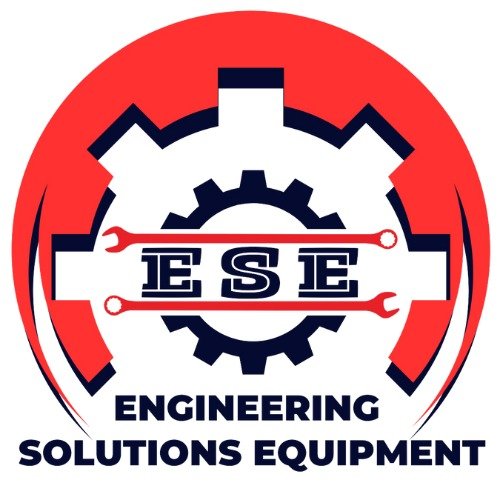

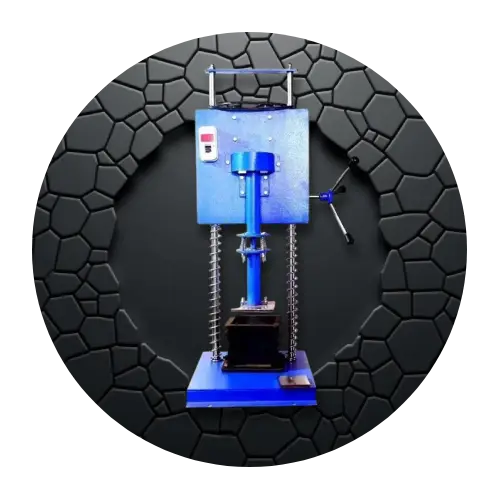
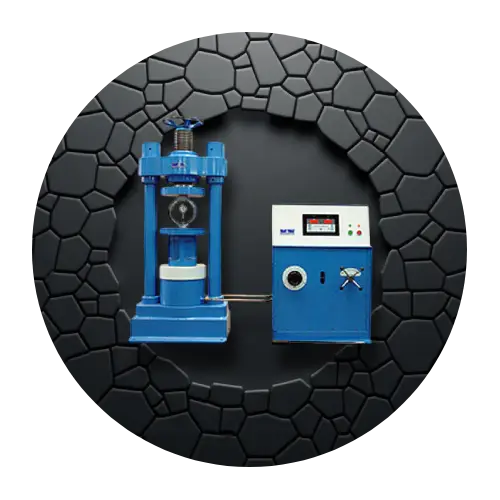
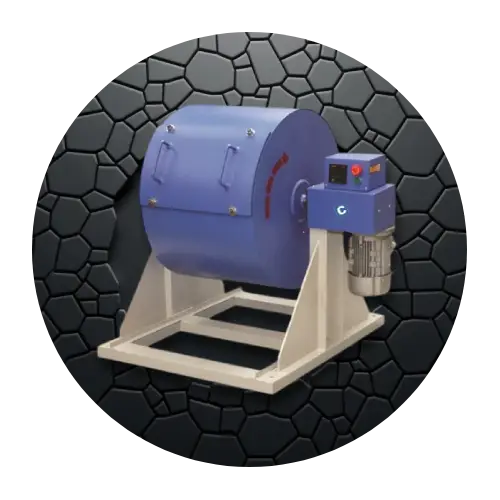
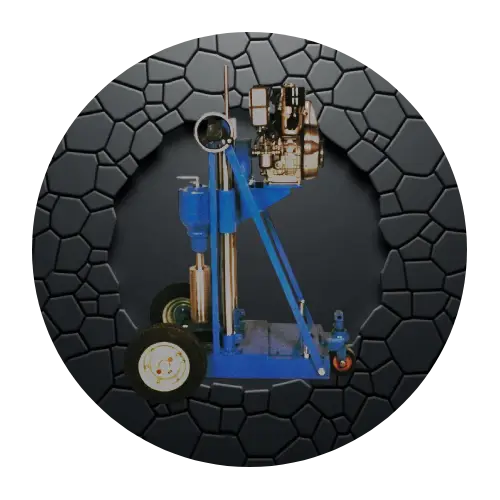
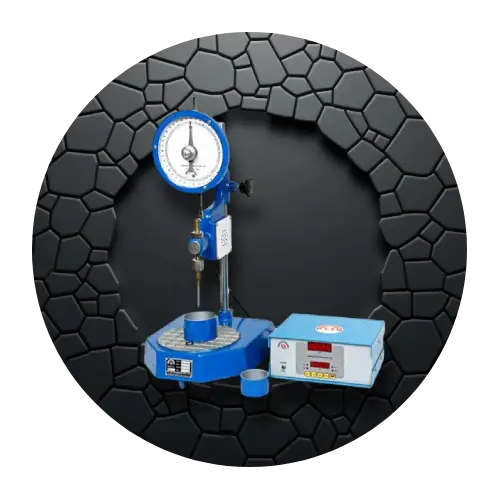
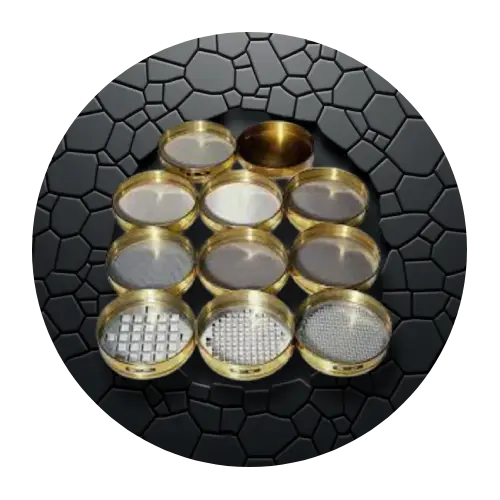


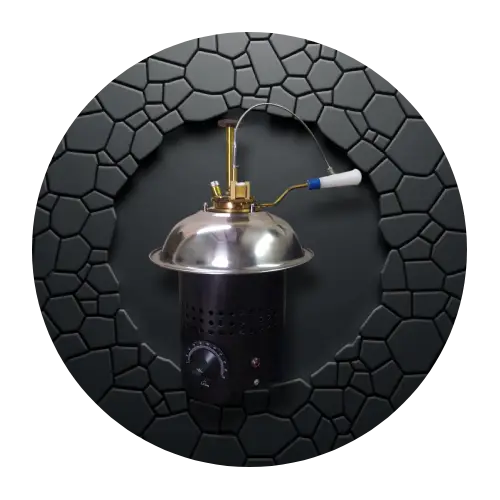
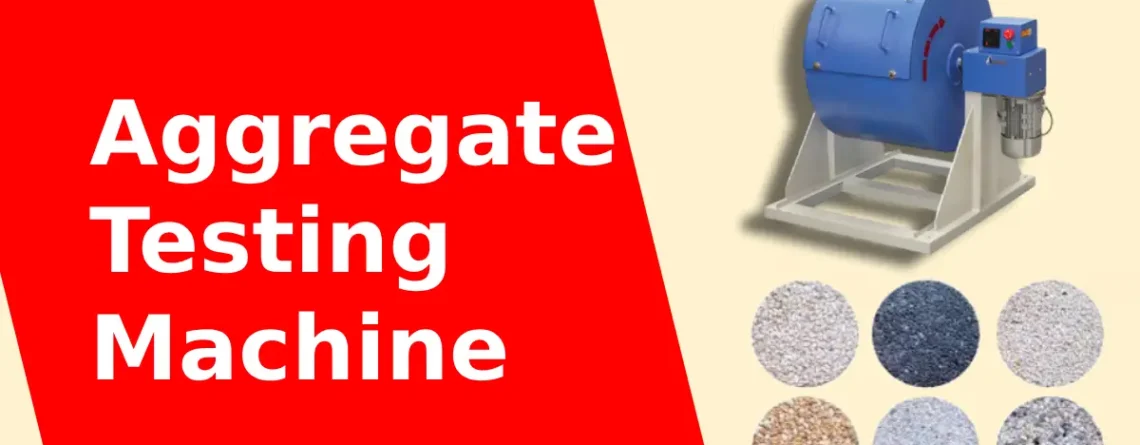
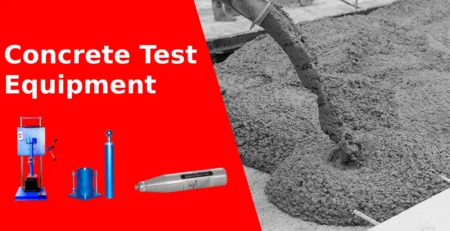
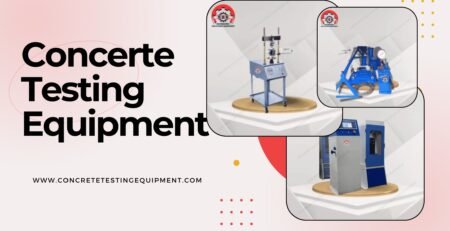

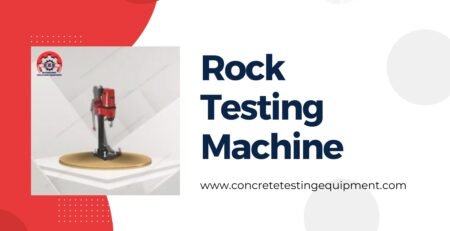


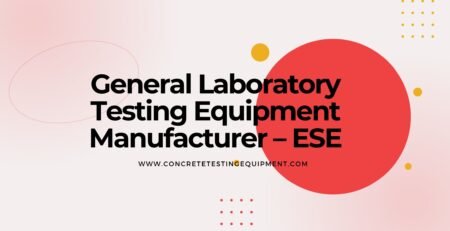
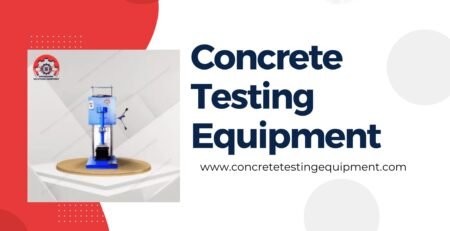



Leave a Reply